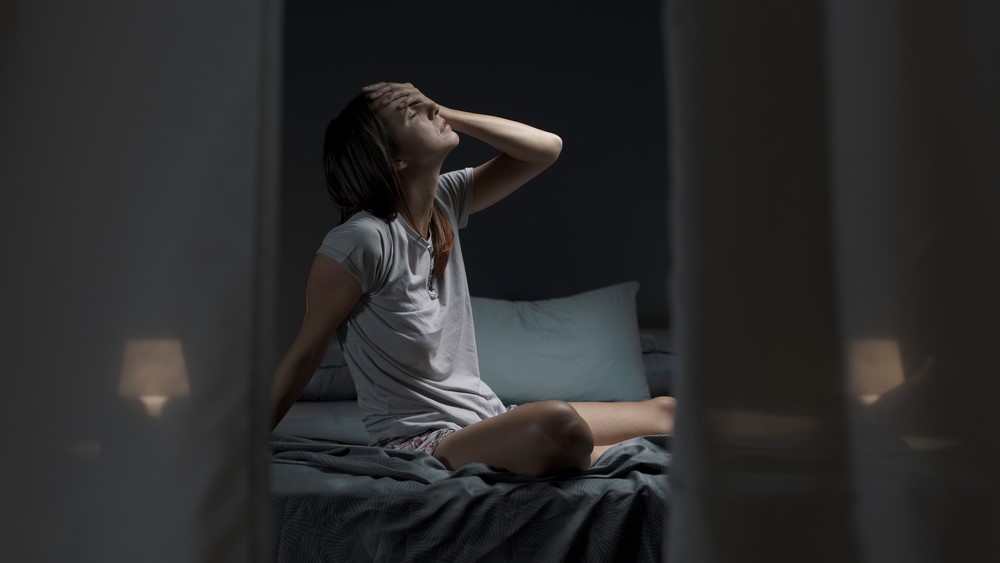There may be more to it than just restlessness.
Others are reading now
If your sleep gets interrupted at the same early hour, there may be more to it than just restlessness.
You’re Not Alone
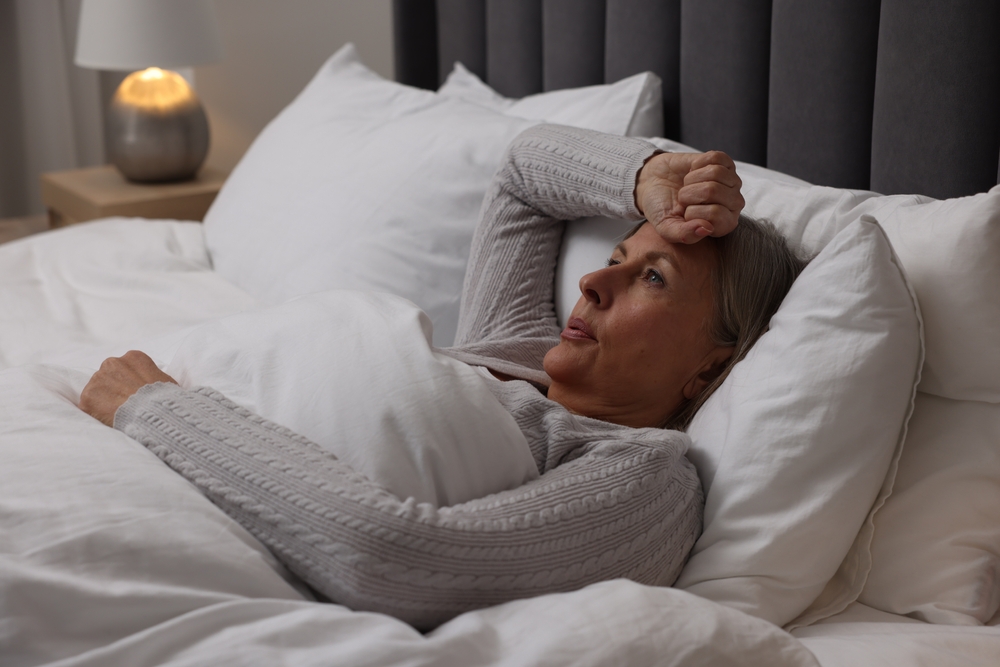
Sleeping through the night without interruption is ideal—but in reality, it’s surprisingly uncommon.
Even those with solid evening routines often find themselves waking up at the same early hour, typically between 3:00 AM and 5:00 AM.
A Frustrating Habit
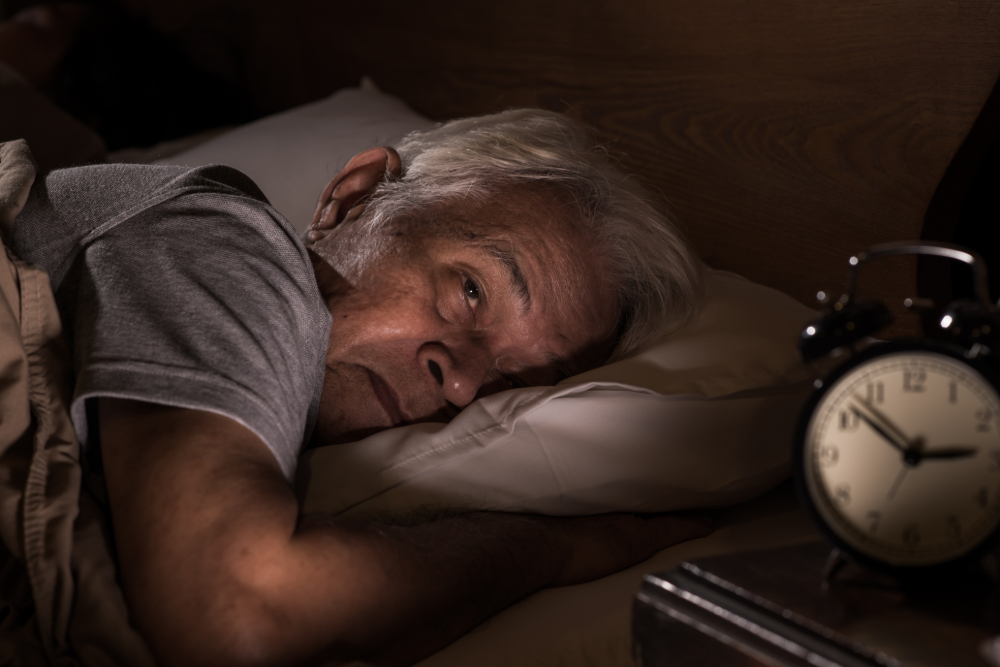
For many, this disruption is frustrating, especially when falling back asleep feels nearly impossible.
You might assume it’s just poor sleep hygiene or random chance.
Also read
But these consistent early wake-ups may actually point to something deeper, rooted in both our biology and cultural beliefs.
The Hour of the Wolf
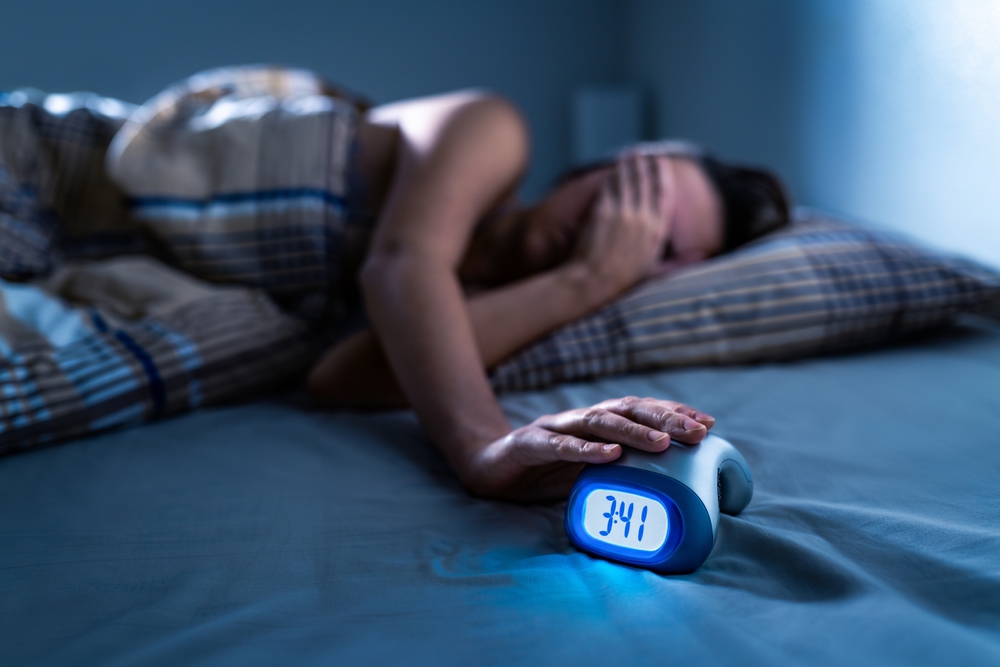
In Scandinavian folklore, this specific window between night and dawn is known as “the hour of the wolf.”
The term was popularized by Swedish director Ingmar Bergman in his 1968 psychological horror film of the same name.
He described it to Newsner as:
“The hour between night and dawn … when most people die, sleep is deepest, nightmares are most real. It is the hour when the sleepless are haunted by their worst anguish, when ghosts and demons are most powerful.”
Also read
Folklore, Fear, and the Devil’s Hour
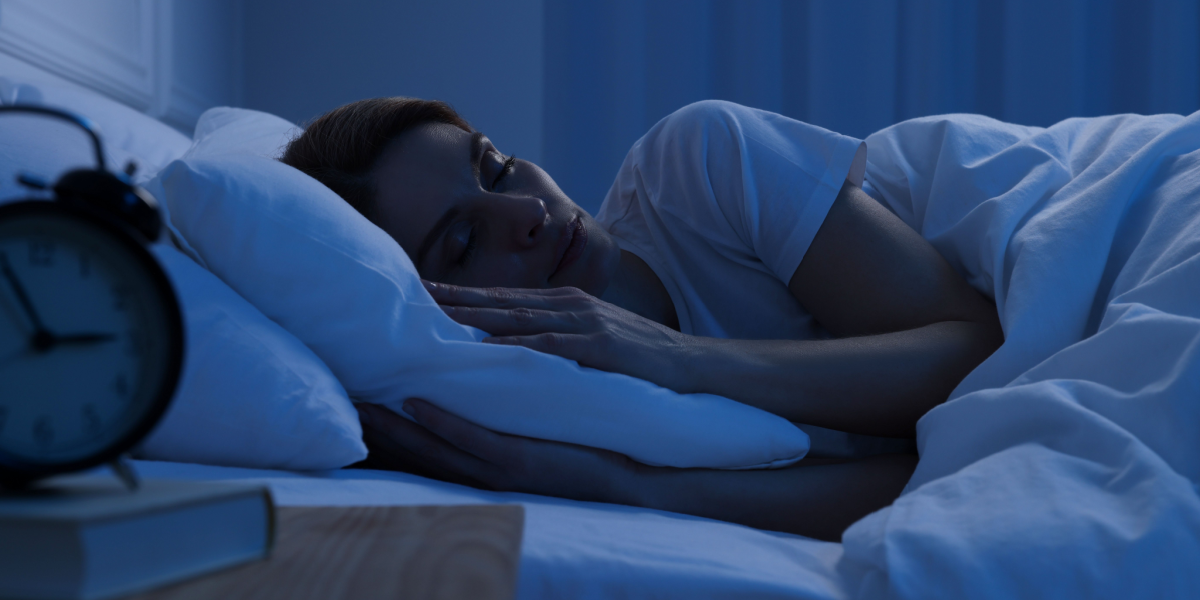
According to Professor Birgitta Steene, this haunting term reflects a long-standing belief in Nordic culture: that the hours before dawn hold a unique power over life, death, and the subconscious.
The “hour of the wolf” also overlaps with the more widely known “witching hour” or “devil’s hour”, often associated with heightened supernatural activity in Western folklore.
Traditionally, this is the time when witches cast spells, demons stir, and spirits are most likely to appear.
A Vulnerable Time
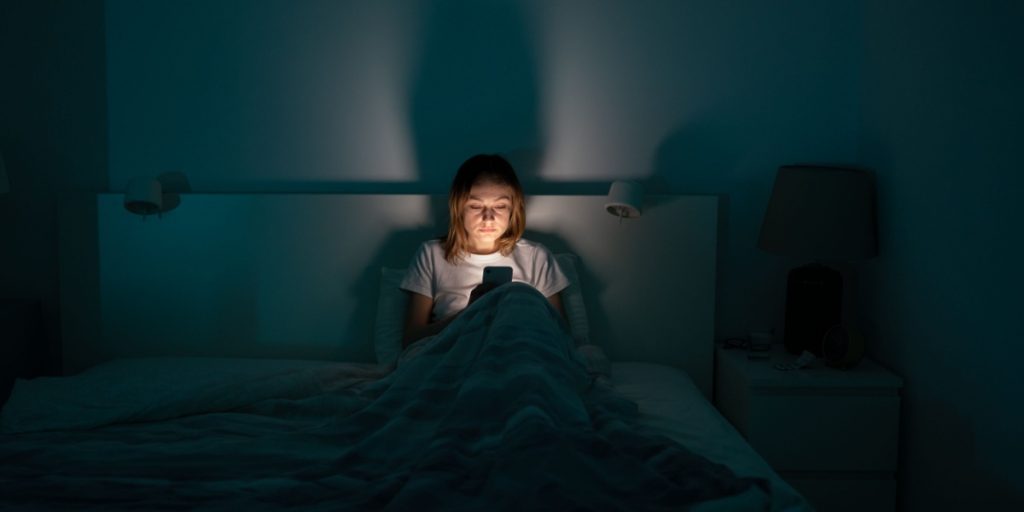
The hour of the wolf is a time when people are most vulnerable—physically, emotionally, and spiritually.
Even today, waking at these hours can feel unsettling, especially if accompanied by vivid dreams, feelings of dread, or lingering anxiety.
Also read
For those who already struggle with stress or emotional strain, these early hours can feel like a psychological battleground.
Your Body’s Natural Low Point
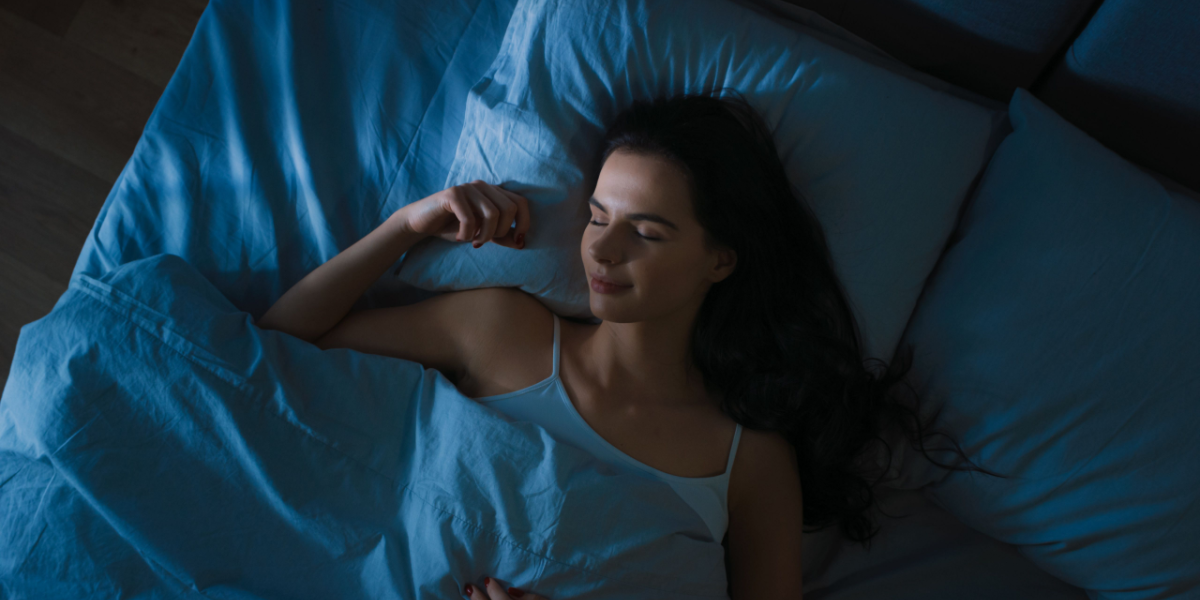
Outside of folklore, science offers a more grounded explanation.
Your body operates on a circadian rhythm, a 24-hour internal clock closely tied to the cycle of sunlight and darkness.
During the early morning hours—especially around 4:00 AM—your body reaches its lowest physiological point.
Drop in Temperature and Blood Pressure
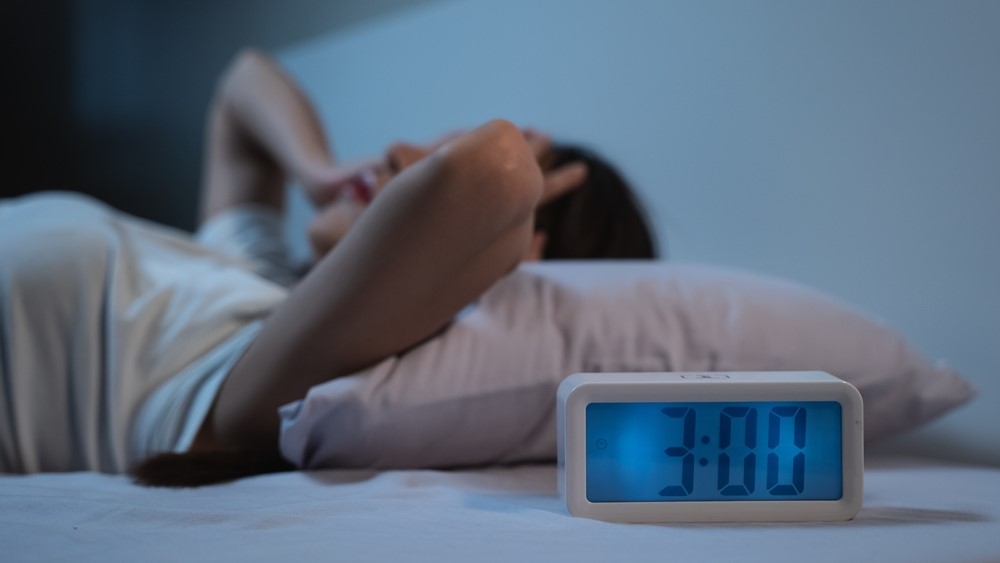
At this time, your core body temperature drops, your blood pressure is at its lowest, and your metabolism slows down.
Also read
This period is intended to be the deepest phase of rest.
But if you’re dealing with chronic stress, anxiety, or unresolved emotions, these natural shifts can make your body more alert just when it’s meant to relax.
That sudden shift can lead to waking up with a racing mind, restlessness, or even physical symptoms like a pounding heart or tight chest.
Mental Load, Stress, and Overthinking
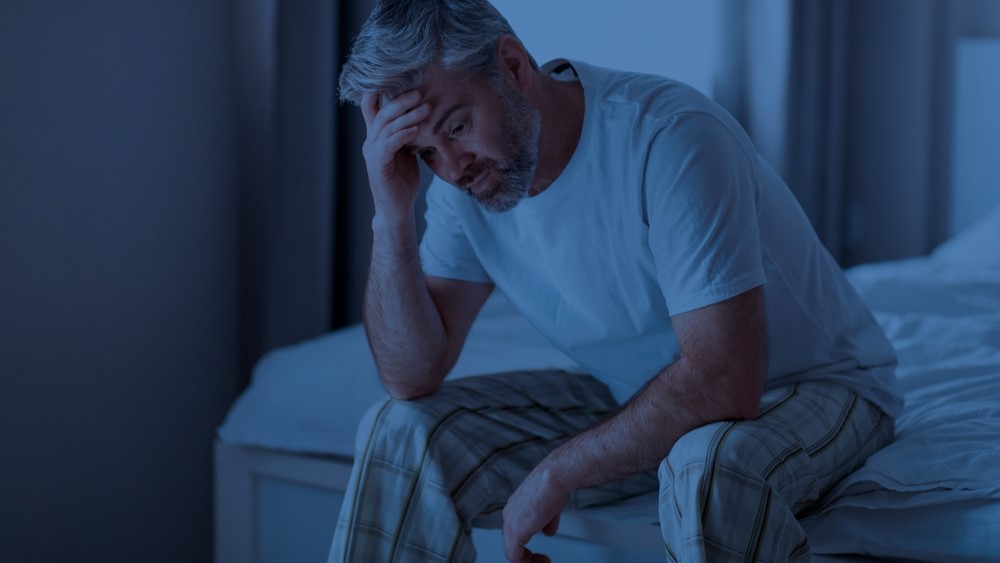
Modern life comes with constant mental stimulation. Phones, social media, emails, and news updates follow us right into bed.
That mental load doesn’t disappear just because we close our eyes—it often resurfaces in the middle of the night, especially during our most vulnerable physiological state.
Also read
If you’re waking up with your mind racing, chances are your nervous system is still on alert. This can make it hard to drift back into restful sleep, even if you’re physically exhausted.
Some psychologists believe that waking between 3 and 5 AM is a signal that your body and mind are overwhelmed and under-supported.
What You Can Do About It
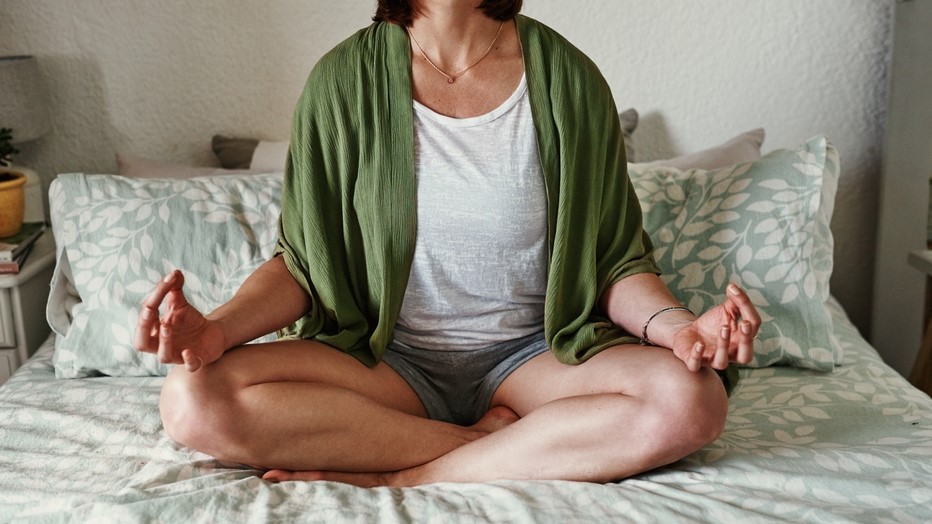
If you’re consistently waking up during these early hours, try focusing on relaxation techniques before bed.
Practices like journaling, meditation, or deep breathing can help calm your nervous system and reduce mental clutter.
Also, avoiding screens at least an hour before bed and cutting down on late caffeine or alcohol may reduce disruptions.
Also read
Speaking with Specialists

If early wake-ups persist, it might be helpful to track your sleep, stress levels, and lifestyle patterns.
In some cases, speaking with a sleep specialist or mental health professional can reveal underlying causes such as anxiety, sleep apnea, or hormonal fluctuations.

